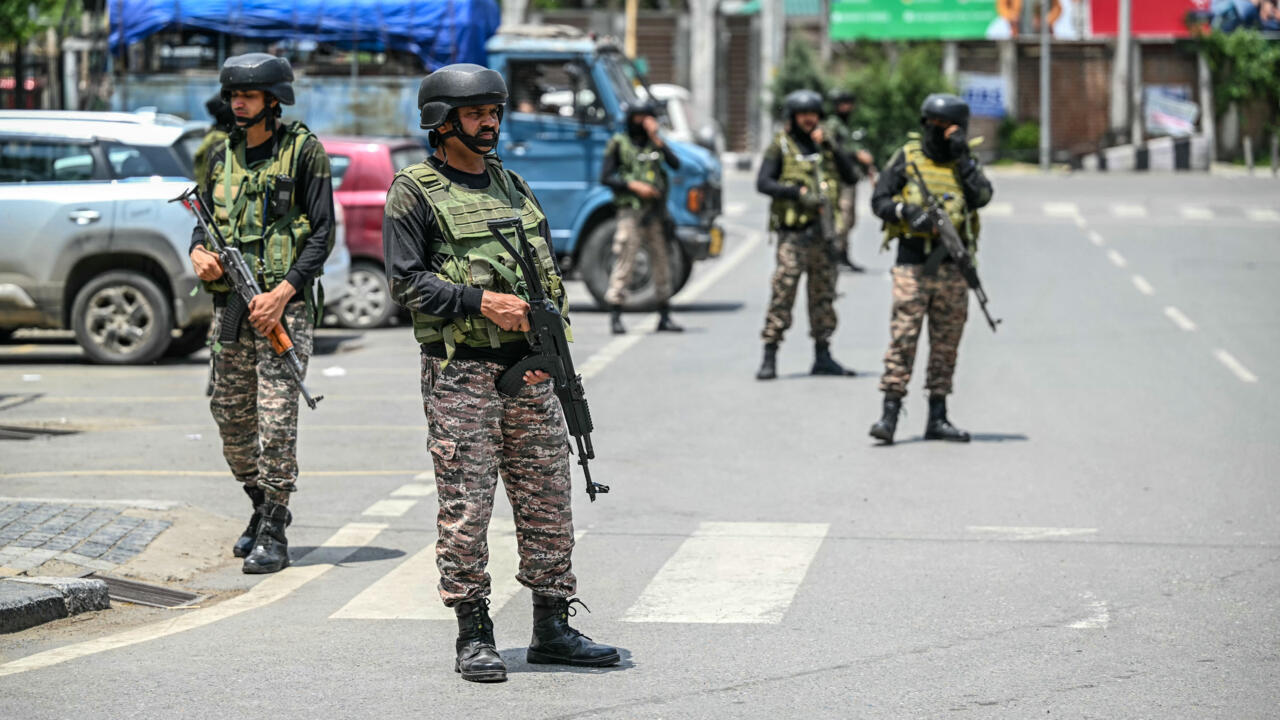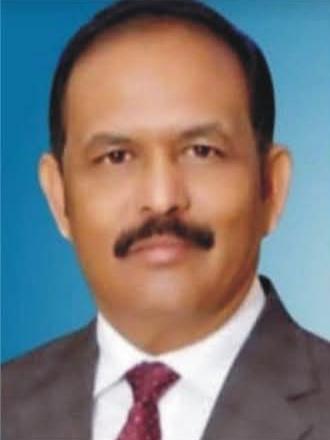The recent conviction of three prominent Kashmiri women leaders—Asiya Andrabi, Fahmeeda Sofi, and Nahida Nasreen—by a National Investig
Turkey's new wave cinema tackles difficult topics. By Asuman Suner

When Turkish director Semih Kaplanoðlu’s film Honey won the Golden Bear award in the 2010 Berlin Film Festival this February, international film critics turned their attention to Turkish cinema.
Honey is the final part of Kaplanoðlu’s trilogy, which narrates three stages of the life of a man in reverse chronological order. Alluding to religious myths and rituals, the three films address universal issues concerning human existence, such as the meaning of life and death, the loss of a loved one and faith and destiny.
One of the prominent directors of new wave cinema in Turkey, Kaplanoðlu indicated in the press conference after the award ceremony that his trilogy seeks to explore the spiritual side of life, something that is often left unaddressed in Turkey’s secular society.
Films coming out of Turkey in recent years are touching a greater number of people around the world than ever before – as a result of screenings held at festivals and universities, and by civil society organisations. These films are shedding light, both in Turkey and beyond, on the lives of ordinary people during Turkey’s recent turbulent political climate.
After a two-decade recession in the film sector, the mid-1990s witnessed the emergence of a new wave of Turkish cinema – one that represents a clear break with previous modes of filmmaking in Turkey. New wave cinema is comprised of two sub-genres: new popular cinema, dominated mostly by comedies with considerable box office success, and art-house cinema whose films are receiving critical acclaim and prestigious awards in national and international festivals.
Independent art-house cinema has proven immensely popular among international audiences and films of this variety have been prominently featured in competitions and film festivals in Europe. It features two types of films: personal films exploring the human soul – like Kaplanoðlu’s Honey – and political films which address issues not extensively explored in Turkish cinema before: the periods of martial law (following the military coups of 27 May 1960, 12 March 1971; and 12 September 1980); past discriminatory policies against religious and ethnic minorities, such as people of Greek or Armenian origin; and the conflict with Kurdish separatist guerillas in the southeast.
Such films are helping to generate public discussion around certain taboo issues.
This new genre of film also has a significant impact on society, contributing to the cultivation of a new collective memory through which Turkish society can begin to face the painful and previously silenced episodes in its past.
For example, one film, Autumn, deals with the state-inflicted violence in Turkish prisons, showing segments of raw footage in its opening sequence taken during a bloody police intervention in response to the hunger strike of political prisoners in 2000 when 30 prisoners were killed. Young filmmaker Özcan Alper’s 2008 directorial debut, it is one of the most critically acclaimed political films of recent years.
The film gives an eloquent account of the homecoming journey of a left-wing political prisoner who was jailed when he was a university student and recently released from Turkish prison due to a fatal illness (caused by torture that he was subjected to in the prison) to return to his village in the eastern Black Sea region.
Autumn is one film out of the recent many that demonstrate Turkish cinema’s new preoccupation with the possibility for people in Turkey to come to terms with the political and social realities they have faced over the past few decades. Without offering clear-cut solutions, they are simultaneously informing those outside of Turkey of the complicated intricacies of Turkish society, and helping Turkish citizens come to terms with these tumultuous times.
###
* Asuman Suner (asuner@itu.edu.tr) is Associate Professor at the Department of Humanities and Social Sciences at Istanbul Technical University and author of the new book New Turkish Cinema: Belonging, Identity and Memory ( I.B.Tauris Press). This article was written for the Common Ground News Service (CGNews).
Honey is the final part of Kaplanoðlu’s trilogy, which narrates three stages of the life of a man in reverse chronological order. Alluding to religious myths and rituals, the three films address universal issues concerning human existence, such as the meaning of life and death, the loss of a loved one and faith and destiny.
One of the prominent directors of new wave cinema in Turkey, Kaplanoðlu indicated in the press conference after the award ceremony that his trilogy seeks to explore the spiritual side of life, something that is often left unaddressed in Turkey’s secular society.
Films coming out of Turkey in recent years are touching a greater number of people around the world than ever before – as a result of screenings held at festivals and universities, and by civil society organisations. These films are shedding light, both in Turkey and beyond, on the lives of ordinary people during Turkey’s recent turbulent political climate.
After a two-decade recession in the film sector, the mid-1990s witnessed the emergence of a new wave of Turkish cinema – one that represents a clear break with previous modes of filmmaking in Turkey. New wave cinema is comprised of two sub-genres: new popular cinema, dominated mostly by comedies with considerable box office success, and art-house cinema whose films are receiving critical acclaim and prestigious awards in national and international festivals.
Independent art-house cinema has proven immensely popular among international audiences and films of this variety have been prominently featured in competitions and film festivals in Europe. It features two types of films: personal films exploring the human soul – like Kaplanoðlu’s Honey – and political films which address issues not extensively explored in Turkish cinema before: the periods of martial law (following the military coups of 27 May 1960, 12 March 1971; and 12 September 1980); past discriminatory policies against religious and ethnic minorities, such as people of Greek or Armenian origin; and the conflict with Kurdish separatist guerillas in the southeast.
Such films are helping to generate public discussion around certain taboo issues.
This new genre of film also has a significant impact on society, contributing to the cultivation of a new collective memory through which Turkish society can begin to face the painful and previously silenced episodes in its past.
For example, one film, Autumn, deals with the state-inflicted violence in Turkish prisons, showing segments of raw footage in its opening sequence taken during a bloody police intervention in response to the hunger strike of political prisoners in 2000 when 30 prisoners were killed. Young filmmaker Özcan Alper’s 2008 directorial debut, it is one of the most critically acclaimed political films of recent years.
The film gives an eloquent account of the homecoming journey of a left-wing political prisoner who was jailed when he was a university student and recently released from Turkish prison due to a fatal illness (caused by torture that he was subjected to in the prison) to return to his village in the eastern Black Sea region.
Autumn is one film out of the recent many that demonstrate Turkish cinema’s new preoccupation with the possibility for people in Turkey to come to terms with the political and social realities they have faced over the past few decades. Without offering clear-cut solutions, they are simultaneously informing those outside of Turkey of the complicated intricacies of Turkish society, and helping Turkish citizens come to terms with these tumultuous times.
###
* Asuman Suner (asuner@itu.edu.tr) is Associate Professor at the Department of Humanities and Social Sciences at Istanbul Technical University and author of the new book New Turkish Cinema: Belonging, Identity and Memory ( I.B.Tauris Press). This article was written for the Common Ground News Service (CGNews).
You May Also Like
Open Doors, an international organization that provides protection to vulnerable Christians around the world, released a World Watch List in 2025,
Accepting the Lord Jesus Christ and following His commandments is a difficult and arduous path. Every step of the way is fraught with suffering, pe

"Trial of Pakistani Christian Nation" By Nazir S Bhatti
On demand of our readers, I have decided to release E-Book version of "Trial of Pakistani Christian Nation" on website of PCP which can also be viewed on website of Pakistan Christian Congress www.pakistanchristiancongress.org . You can read chapter wise by clicking tab on left handside of PDF format of E-Book.








